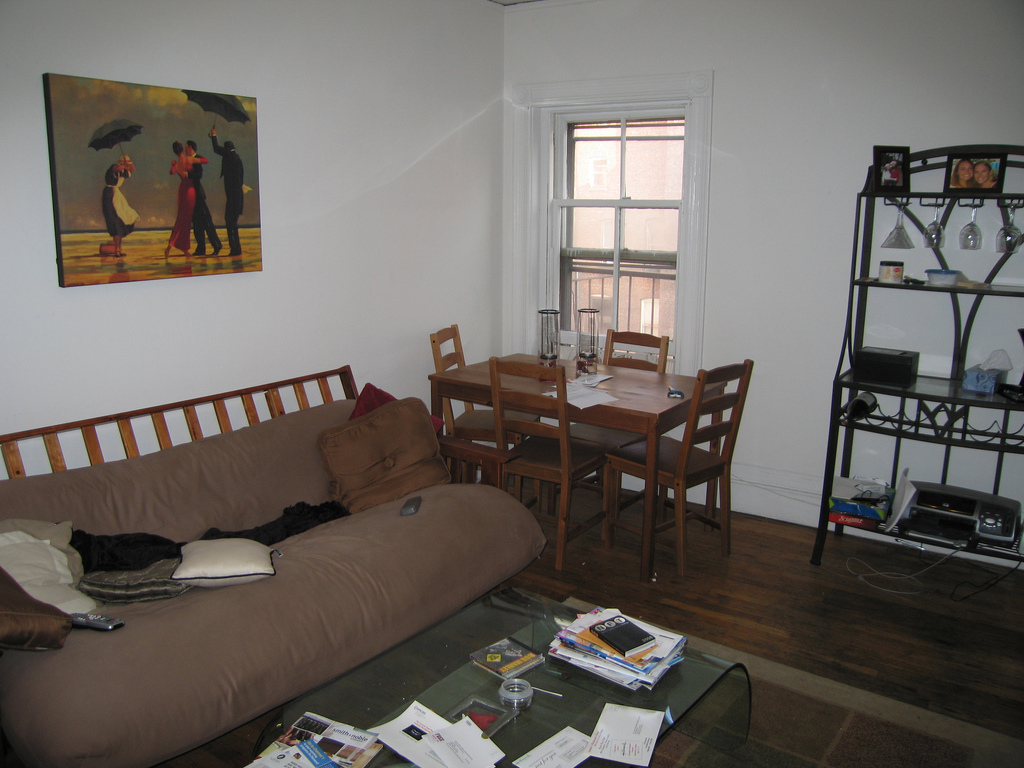
Mayor Marty Walsh is trying to stand up for people who can’t afford what’s supposed to be middle-income housing in Boston.
On average, a person has to pull down a $100,000 salary to be able to afford a one-bedroom apartment. Greater Boston-area residents spent a collective $9.8 billion in 2014 on rent alone — up 6.9 percent from 2013. That’s why Walsh is backing legislation to provide generous tax breaks to private developers to incentivize workforce housing development and create two housing zones with immediate public transit access.
On Friday, Jan 16., Walsh released the City of Boston’s 2015-2016 legislative agenda, a series of bills to be filed for the upcoming legislative session by 5 p.m. Friday. Two pertain specifically for middle-income housing, which the mayor has noted in recent addresses is a priority for his administration.
The first is “An Act Relative to Tax Incentives for the Development of Middle-Income/Workforce Housing,” co-sponsored by State Senator Anthony Petruccelli and Representative Kevin Honan.
The bill would designate certain areas as opportune for development in which private developers will not have to pay property taxes during the two-year construction phase, but then will have to pay 25 percent in year one, 50 percent in year two, 75 percent in year three, and 100 percent for every year after.
A second bill, co-sponsored by Senator Linda Dorcena Forry and Representative Russell Holmes, is “An Act to Facilitate Disposition of Surplus Property for the Development of Affordable and Workforce Housing.”
It basically outlines Mayor Walsh’s plan for what’s being called transit-oriented housing zones. These dense and affordable spaces will be located along the Red Line and Orange Line and support 20,000 housing units to help fulfill the goal of 53,000 – per his housing plan Boston 2030. But some of that land is currently owned by the Commonwealth of Massachusetts.
Therefore the legislation would do two things: petition the Commonwealth to designate certain state-owned properties as surplus, which, according to the Commonwealth, allows for the sale of the property to the cities and towns after 60 days and to the public after 60 days. The second aspect petitions the Commonwealth to price those surplus properties below market rate when slapped with re-use restrictions.
In essence, Walsh wants to garner property at a low rate that can then be developed with little taxes imposed on the developer.
Walsh tried to file legislation with State Senator Dorcena Forry on the issue of extending late night bar and restaurant hours back in the summer of 2014 in the form of a budget amendment that did not pass.
Interestingly, Mayor Walsh is moving ahead with a similar measure this year, hoping to grant communities the right to impose their own last call restrictions. In Boston, that hour is 2 a.m., but the mayor has expressed desire in moving that to later. This time around, he’s got the support of state Senator William Brownsberger and Representative Evandro Carvalho.

